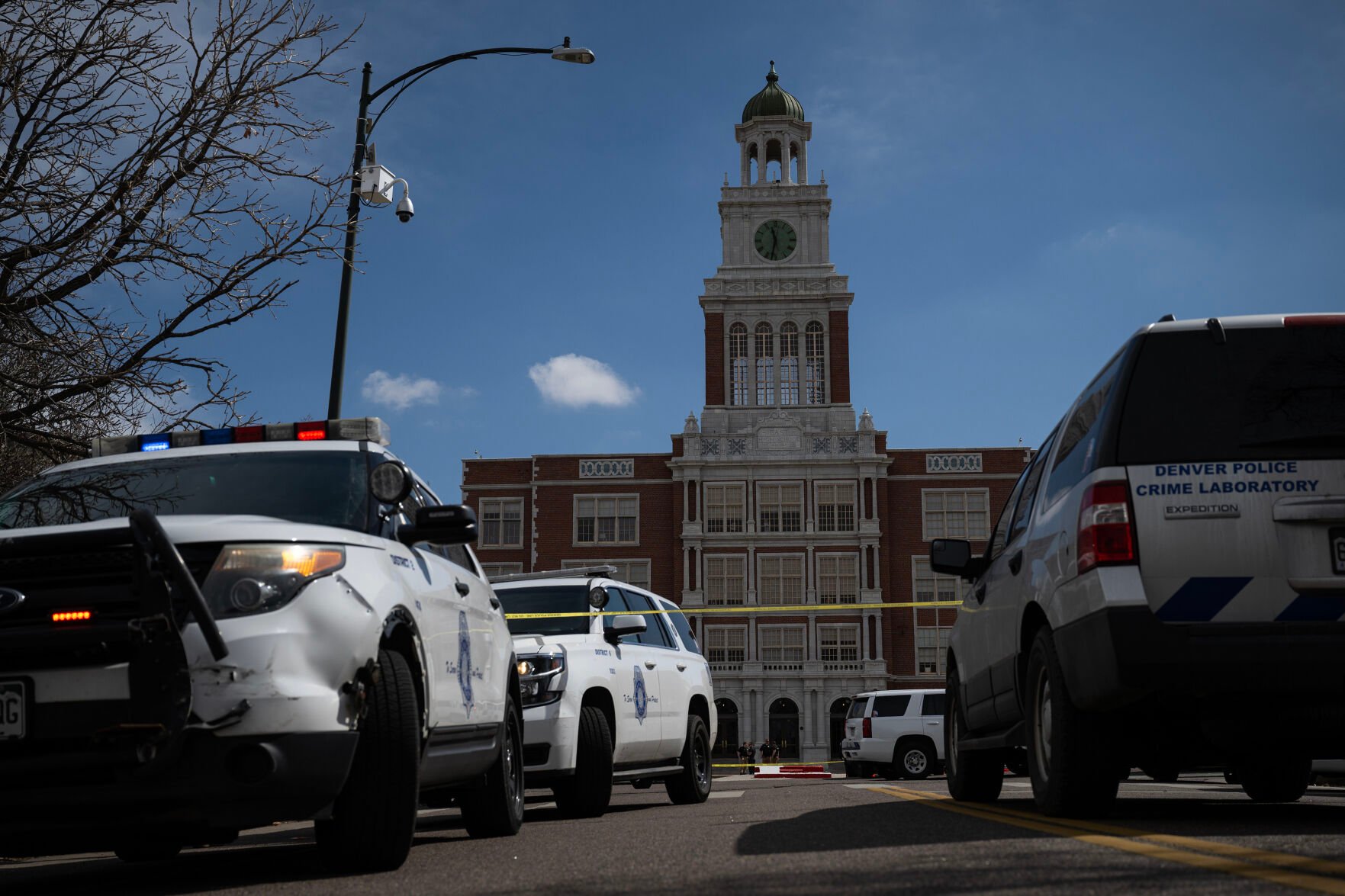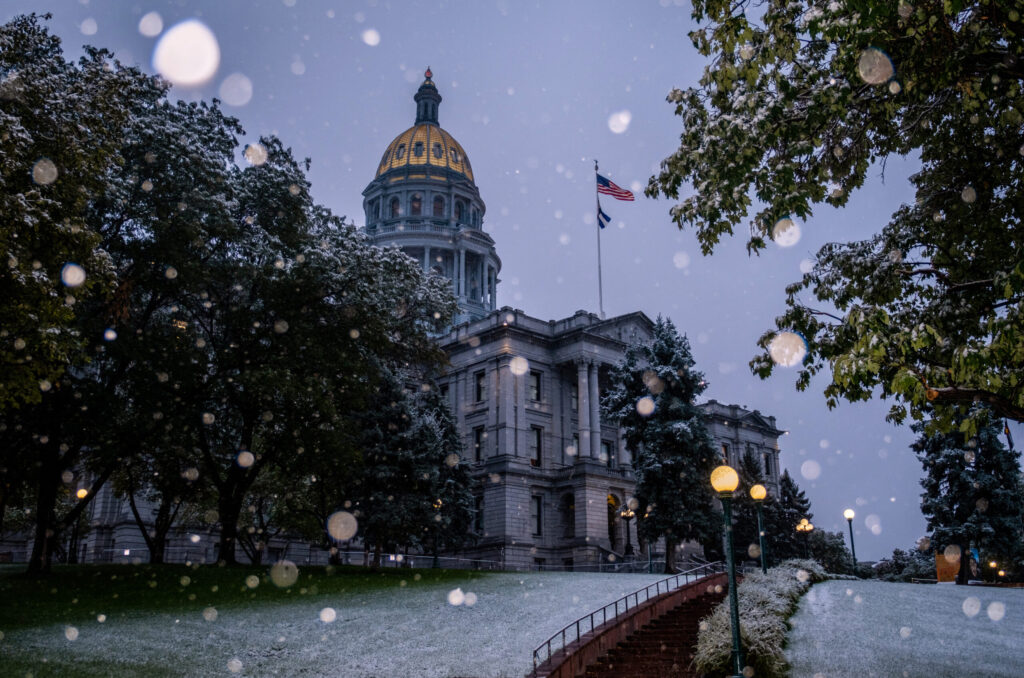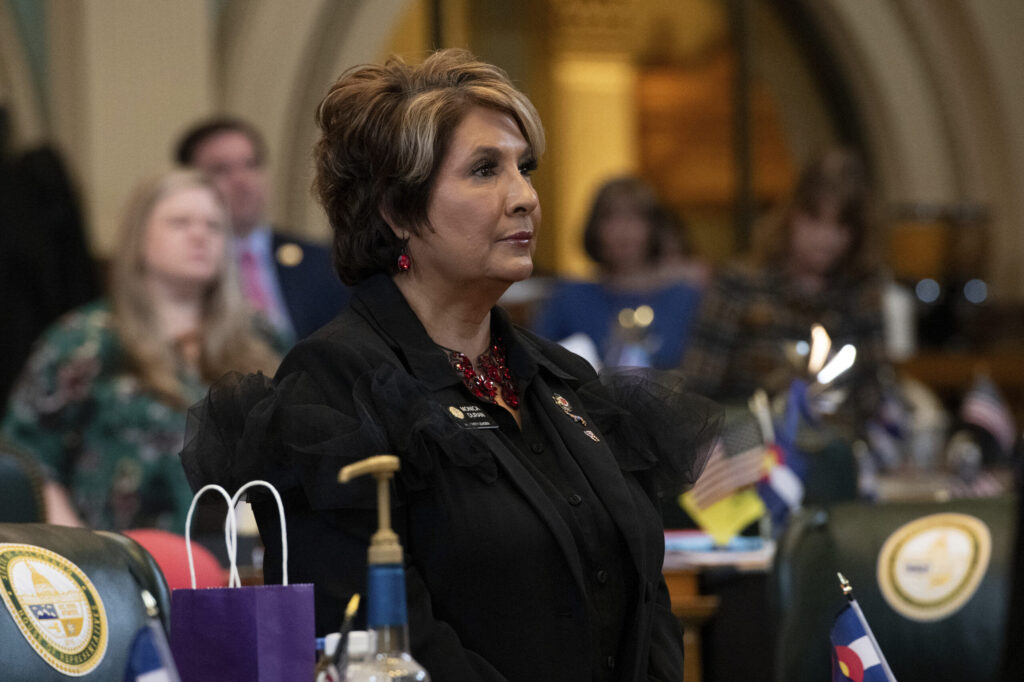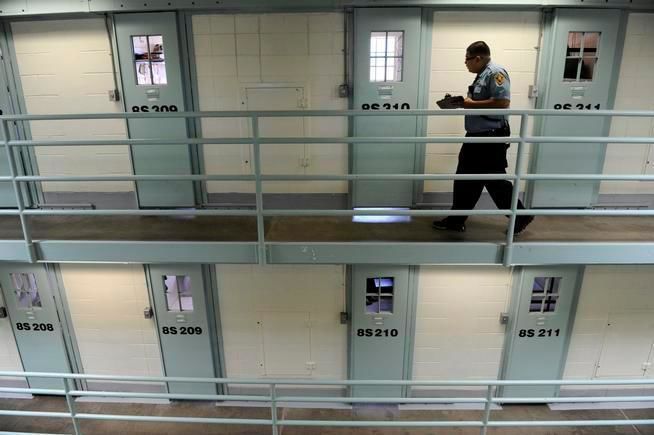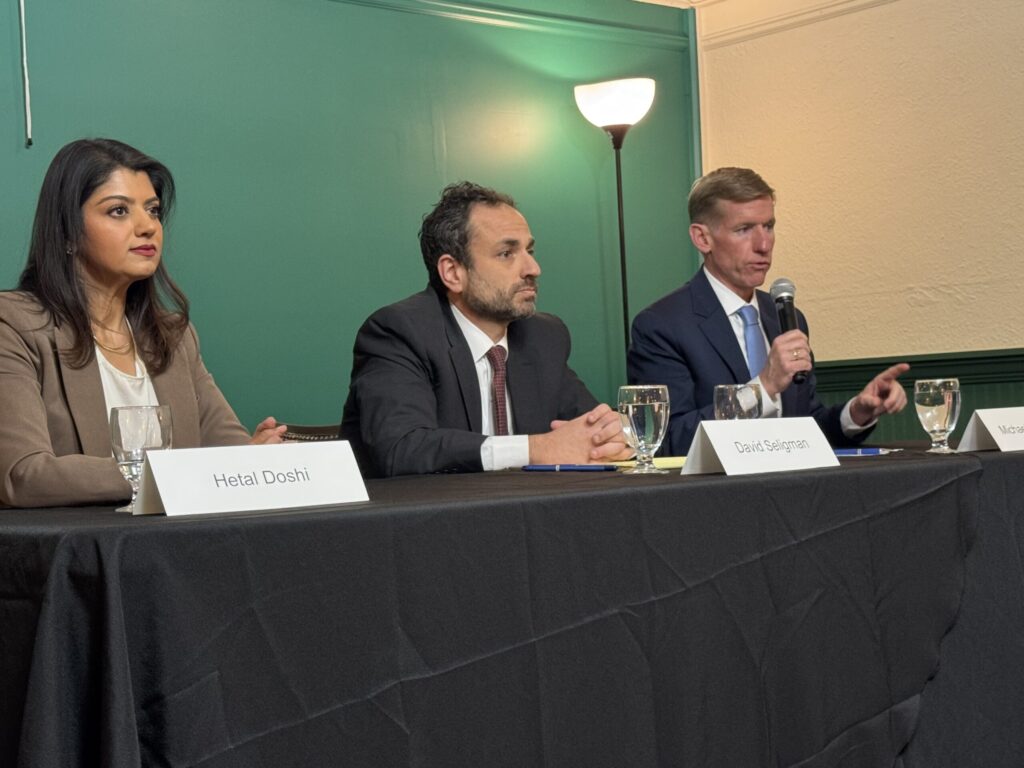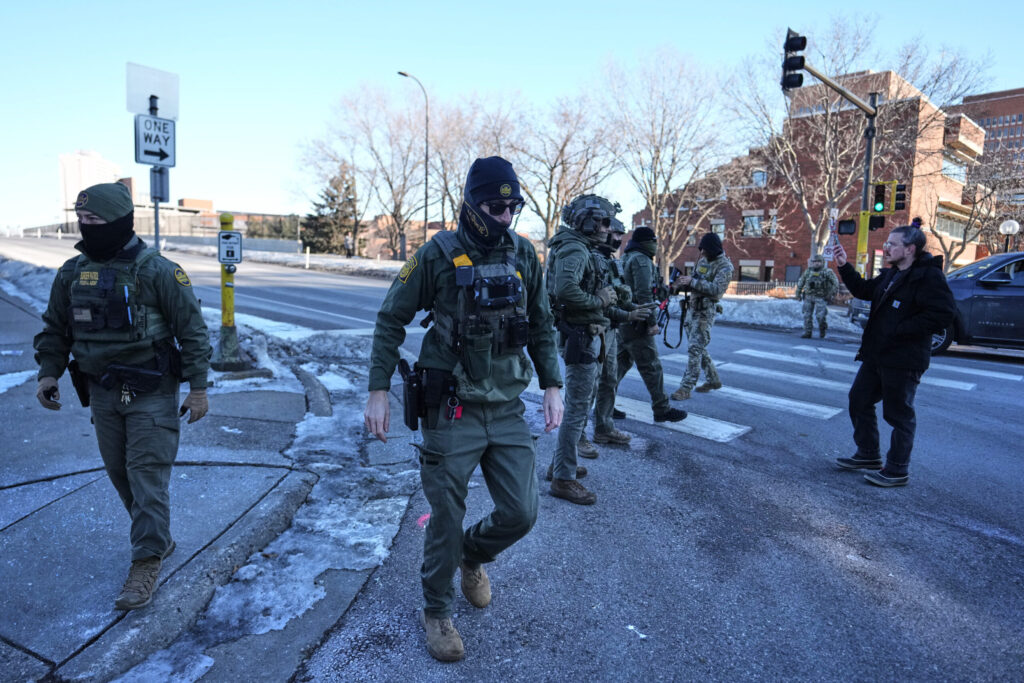Bill passes to make falsely reporting mass shootings a felony in Colorado
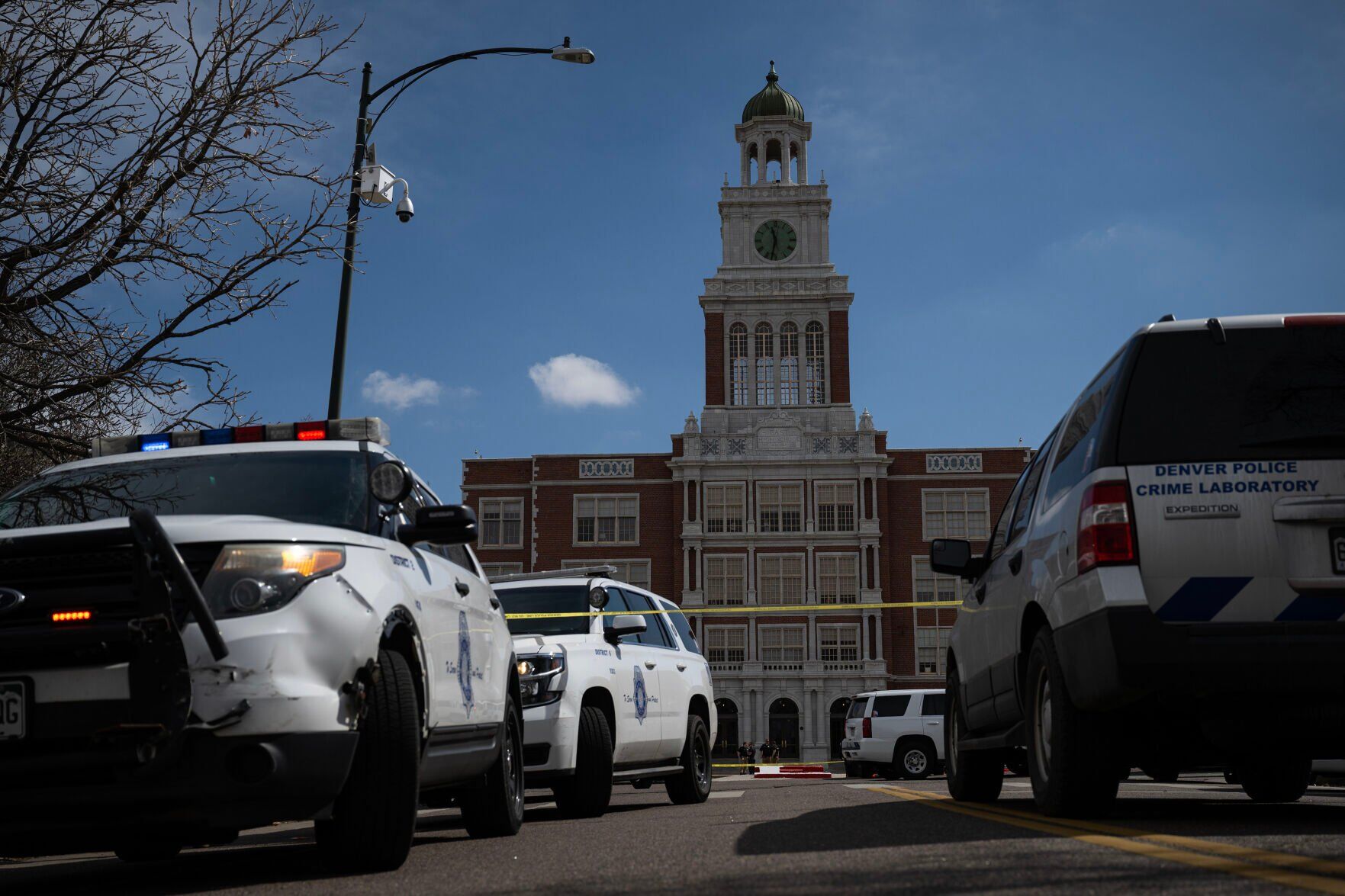
Months after more than a dozen Colorado schools were victim of a coordinated false report claiming active shooters were attacking students, the state legislature has voted to increase the penalty for such crimes.
If signed into law, Senate Bill 249 would make it a felony offense to knowingly falsely report a mass shooting in Colorado.
The House passed SB 249 in a 53-10 vote on Monday, following the Senate’s unanimous approval last month. The bill will now go back to the Senate to approve changes made by the House, and then to Gov. Jared Polis for final consideration.
“This is something we should not be subjecting our schools and our communities and our students to,” said bill sponsor Rep. Gabe Evans, R-Fort Lupton. “In bringing this bill, we are taking a stand to say this is not acceptable behavior and we will stand up for school safety.”
There have been more than 60 major false emergency report incidents – commonly known as swatting – in Colorado since 2020, with at least 41 occurring this year, said Kevin Klein, director of the Colorado Division of Homeland Security and Emergency Management. Of the 60 threats, 51 targeted schools.
On Feb. 22, 911 calls were made threatening at least 17 schools throughout the state. The unknown caller said they were standing outside of specific schools armed with an AR-15 and pipe bombs, saying they were “going to shoot every kid I see,” followed by the sound of rapid gunfire. Those threats, while eventually deemed false reports, resulted in school closures, heavy law enforcement responses and thousands of panicked families.
On Sept. 19, Denver’s East High School fell victim to a hoax shooting report, less than two weeks after an East student was shot blocks from the school. Anna Craig said she and 2,000 other students were evacuated by armed police officers and corralled into the football field. Craig said her classmates cried out of fear, not knowing the threat was fake, with some even passing out from the stress and blistering heat.
“At that moment, you don’t know it’s a drill. You think you are going to die,” Craig said while testifying in support of SB 249. “If there’s any way to keep another person from having to live this, then I think we should do it.”
Colorado lawmakers criminalized swatting in 2018 with Senate Bill 18-068, intending to address false reports of bomb threats. That bill made it a class 1 misdemeanor to falsely report an emergency. If the response to the report results in a serious injury or death, it becomes a class 4 and class 3 felony, respectively.
The new bill would increase the baseline offense to a class 6 felony for false reports of mass shootings or active shooters, specifically. In Colorado, class 6 felonies are punishable by 12 to 18 months in prison and fines of $1,000 to $100,000.
While SB 249 has broad bipartisan support and sponsorship, only Democrats voted against the bill.
Opponents of the bill said increasing penalties for false shooting reports won’t prevent them from happening, saying the state should instead focus on prevention by addressing the root causes of crime.
“We keep trying to up the penalties, but all that does is put more people in our jails and prisons,” said Rep. Judy Amabile, D-Boulder, who voted against the bill. “Then we have to spend all this money on our jails and prisons, and we’re told we don’t have money for prevention.”
Rep. Javier Mabrey, D-Denver, added: “People that are doing things like (false shooting reports) probably have severe mental health issues. … People that are that disturbed don’t know that we changed the law. What’s going to happen is people that are that disturbed are now just going to be more likely to be tied in with the criminal justice system.”
Proponents of the bill argued that felonizing false shooting reports would help law enforcement crack down on the crime, increasing the resources law enforcement can dedicate to the investigations – particularly when the suspect is out-of-state, as is believed to be the case for the Feb. 22 school shooting reports.
Proponents also said the felony status would recognize the severity of the crime on all fronts.
There is a financial impact of sending out emergency responders and halting business at the institutions that are threatened. In 2015, Denver law enforcement spent an estimated $25,000 responding to a swatting call, Lexipol reported.
There are also safety risks. Police in Kansas fatally shot a man in 2017 after a swatter sent law enforcement to his address, falsely claiming the man was holding his family hostage. No one was hurt during Colorado’s mass swatting incident on Feb. 22, but one police officer accidentally fired a gun inside an Estes Park elementary school during the response, according to reports.
Mostly, though, supporters of the bill said Colorado’s recent swatting incidents have emotionally scarred students for life.
“It’s not a victimless crime,” Evans said. “There is trauma that is sustained by students, by staff, by teachers, by parents, by community, by folks who are so aware of the fact that these tragedies, these malicious, terrible acts happen in our community. Even a fake shooting imposes a tremendous amount of emotional and psychological pain.”
SB 249 will be sent to the Senate in the coming days to approve a House amendment that specified the felony status applies to false shooting reports that result in evacuations, shelter-in-place orders, law enforcement response or other significant disruptions to regular activities.
If re-passed by the Senate, it will go to the governor for final consideration and take effect immediately with his signature.
